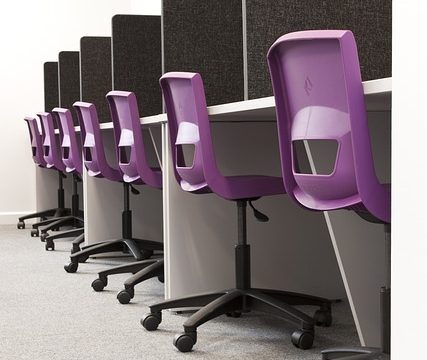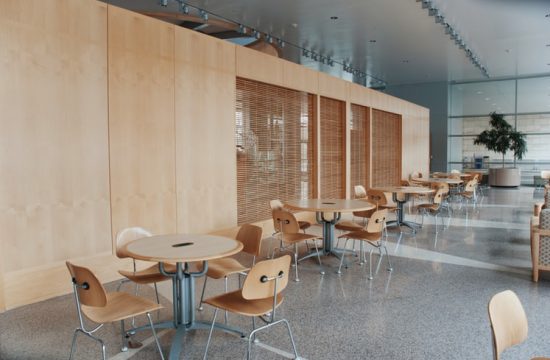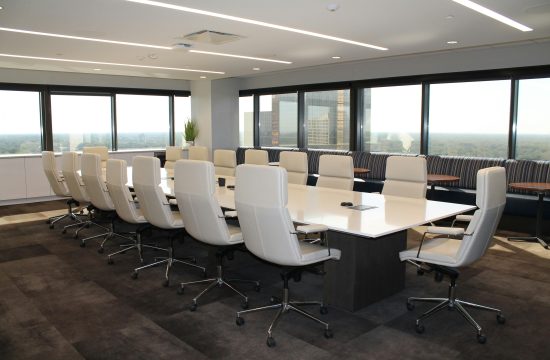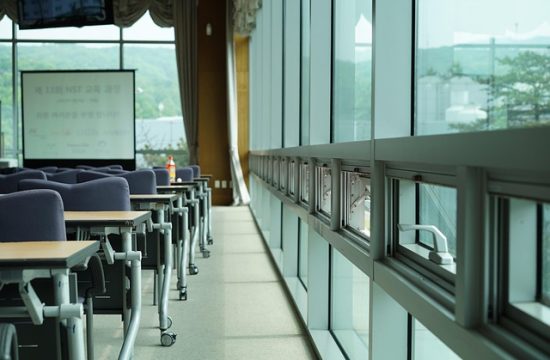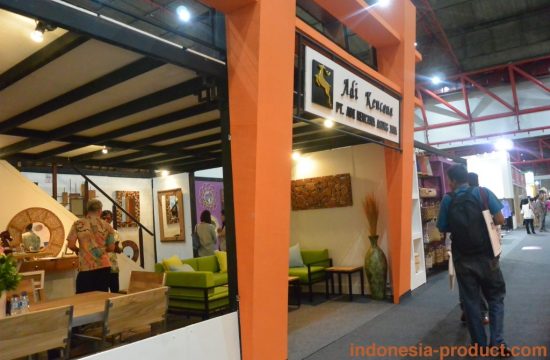Furniture makers hurt by a slump in domestic demand in recent months seek to grab the export market.
They believe they could exploit the export potential of the product, as countries Like Malaysia and Indonesia are making huge money from its exports to the West, especially the US and Europe.
<!–more–>
“We will sit shortly with the companies capable of exports,” said Salim H Rahman, owner of of Hatil Furniture, now the fastest growing furniture company.
Rahman, also the general secretary of Bangladesh Furniture Industries Owners Association, expects government policy support in this regard.
The Tk 4,000 crore industry, which sprang up in a decade cashing in on rapid urbanisation and constant economic growth in the country, is nowadays faced with a demand-drop. The market players say even the sixth furniture fair ending today could not draw buyers at an optimum level.
“A committee has been formed recently to devise strategies as to how and where we can export our products,” said Mohammed Ullah, treasurer of the sectoral trade body.
Mohammed Ullah, also managing director of La-Sany Furniture said: “Bangladesh has bright prospects for furniture exports, as the country has an edge cheap labour — over other exporting competitors.”
The industry insiders attributed the recent decline in the sectoral growth to consumers’ diminishing purchase capacity.
Big players like Navana, Partex, Hatil and Pacific, which entered into the market since 2000 to exploit the business opportunity from a rising middleclass group who searched for alternative but aesthetic and quality furniture, are also feeling the pinch of such slowdown.
“Production has increased several times, compared with five years back, but not sales,” said Md Habib, owner of Sagor Enterprise, a manufacturer of wooden furniture participated in the fair.
AKM Munir Hossain, head of marketing of Brothers Furniture, one of the leading manufacturers, echoed Habib’s view.
Different boards, such as MDF and Melamine have replaced wooden furniture for the past several years. Adoption of modern technology and materials has also reduced the labour cost significantly, which helped them to be competitive, according to market players. These boards, imported from Malaysia and China, are assembled locally.
Otobi, which has been in business since the 1970s, is the premier furniture manufacturer.
Some intending exporters, who are upbeat on Bangladesh’s prospects for furniture exports, consider Indonesia and Malaysia as their competitors.
Indonesia’s furniture export volume reached $2 billion last year, while Malaysia’s export figure is about $1 billion. Malaysia has planned to net $1.5 billion in 2017 despite the ongoing global recession.
Both this countries are now looking for new markets, such as East European countries, to offset the impacts of the slump in the US and Europe.
sajjad@thedailystar.net
Source : http://www.thedailystar.net/




